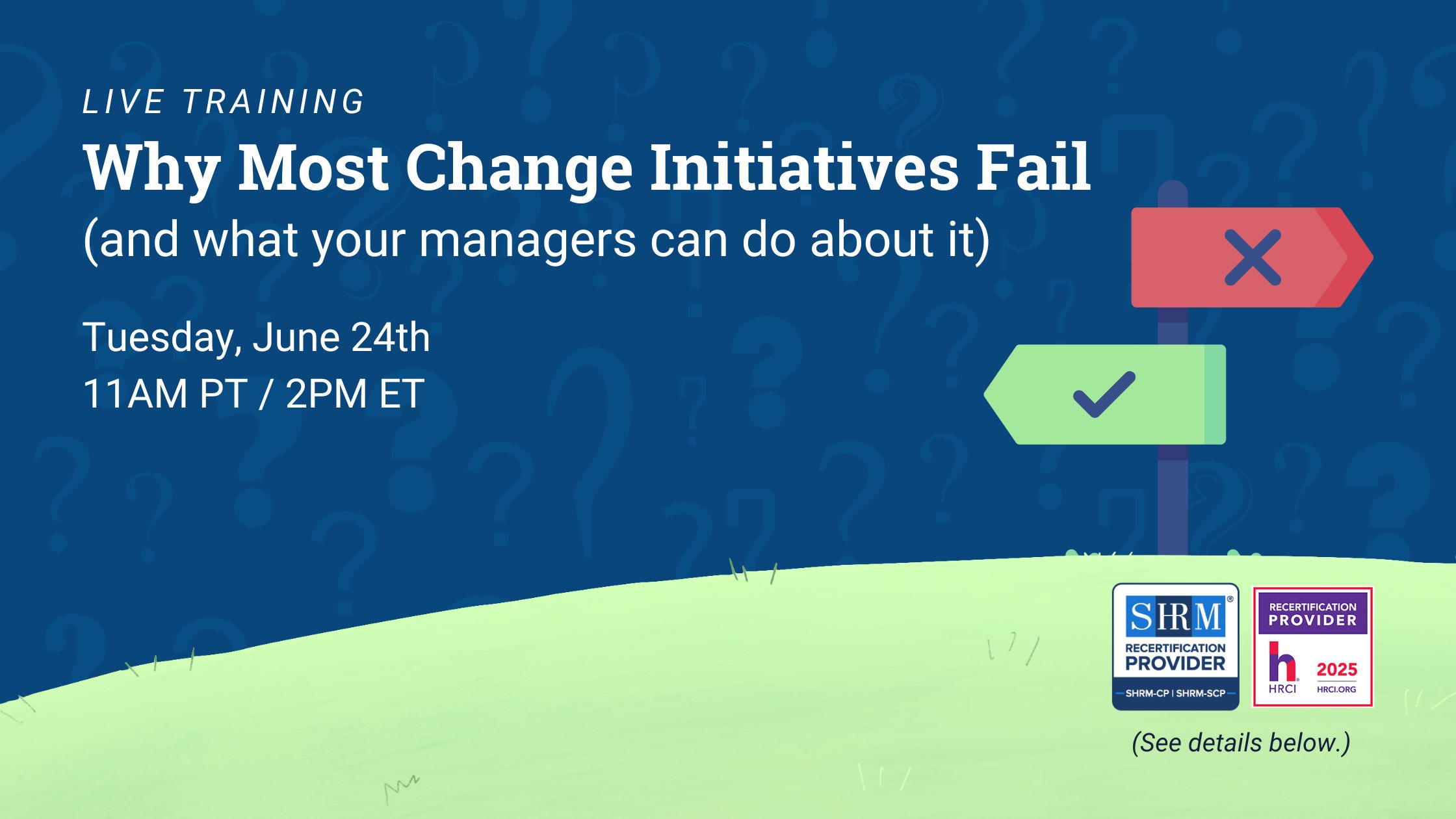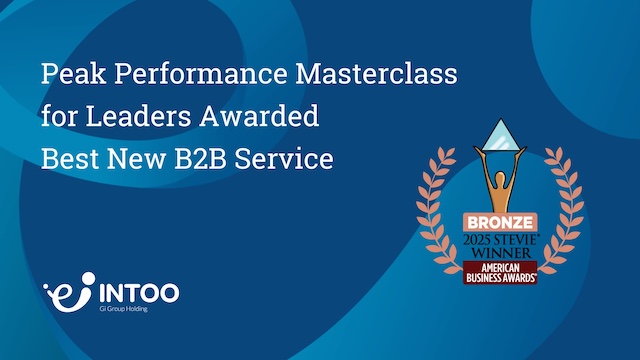One of the sad realities of filling an open position at your company is that not every interviewee can be accepted for the role. Any employer who has interviewed multiple applicants needs to learn how to break the news of the rejection to unfit candidates. We’re here to guide you through this difficult task by giving you the do’s and don’ts of interview rejections.
How to Reject a Candidate After an Interview
Firstly, you may want to consider the channel you’ll use to reject the candidate. If you plan to email them, you should carefully draft the message, reading it through to make sure it is transparent and to the point. If you are going to call them, you may wish to write out a script or talking points to plan what you want to say to the candidate first, to help you stay confident and on point throughout the conversation. Thinking about the meeting in advance will allow you to write down your justifications for the decision. Then, consider the following dos and don’ts:
– Do be respectful of the candidate. Remember to be caring towards the candidate and show empathy, since receiving a rejection can be emotionally taxing. Avoid being harsh during the discussion and show your appreciation of the applicant by thanking them for their time.
– Do be honest during the rejection. You shouldn’t give the candidate false hope by being vague about them not qualifying for the opportunity. If you feel like the applicant could eventually make a good fit at your company, then offer to send them information about available roles in the future.
– Don’t take your time with the rejection. It’s unprofessional and disrespectful to the applicant not to give them immediate closure once you’ve settled on the right candidate for the position. Reach out to those who are rejected to let them know it’s time to start looking for other employment opportunities.
– Don’t give an impersonal rejection. Use their name and treat them like a person during your conversation instead of being overly curt and apathetic. Poor treatment during the rejection may result in negative online reviews and a bad reputation as an employer.
– Don’t end the conversation on a negative note. Wish the applicant the best in their future career paths before the discussion is finished. If the candidate is underqualified for the position, you might tell them what skills they may wish to develop before applying for similar roles.
 How to reject a job applicant over the phone — a script
How to reject a job applicant over the phone — a script
Below is a script containing conversations that may occur when rejecting applicants. You can use the following guide to develop your own approach when calling candidates and to anticipate their potential responses.
Remember to be direct in your reason for calling. Use a professional, neutral tone when speaking and calmly state the results of the individual’s application after the greeting:
Manager: Hello, [Name]. I am calling to inform you about the status of the [Job Title] position you applied for. We appreciate your interest in the role but have unfortunately decided to accept another candidate for the job.
Using their name will personalize the rejection, and telling the applicant they are appreciated can soften the emotional toll of not qualifying for the position.
Some interviewees might accept the decision and end the conversation there, though others might ask for your justification over why another applicant was better suited for the position. In the latter situation, it’s best to use a vague approach to avoid accusations of discrimination:
Manager: We received several applications from similarly strong candidates and went with the interviewee with more applicable skills for the position.
Any further objections to your reasoning should be met with an empathetic but unwavering response:
Manager: I apologize, but I cannot disclose any additional information. Our decision is final.
Close out the conversation by showing your gratitude and offering your support:
Manager: Thank you again for taking the time to apply. I wish you the best in your career.
Alternatively, if you believe the candidate has the potential to work at your company, then you can attach an opportunity at the end of your conversation:
Manager: While you were not accepted for this current position, we believe you could be an asset to our team in the future. Would you like to receive information about our upcoming roles as they become available?
 How to reject a job applicant over email — a script
How to reject a job applicant over email — a script
Below is a script for rejecting applicants over email. You can use this script to develop your own approach when emailing interviewees and to anticipate their potential responses.
Hello [Name],
I hope you’re well.
Thank you for your recent application for the role of [Position]. We appreciate your interest in the role but regret to inform you that we have selected another candidate to move forward with.
We received several applications from similarly strong candidates and went with the candidate with more applicable skills for the position.
[Here, you could provide additional feedback or information for the applicant that goes into more detail, as desired.]
Thank you again for taking the time to apply. I wish you the best in your career.
Kind regards,
[Your Name]
Causing disappointment through rejection can be challenging for interviewers. However, learning how to approach your rejections professionally will make the news a little easier to take for unsuccessful applicants and help your brand maintain a positive reputation as an employer. INTOO helps employers of all sizes with cost-effective solutions for every stage of the employee lifecycle, including candidate experience, career development, and outplacement services. Contact us to learn how we can make a difference for you and your employees.


 How to reject a job applicant over the phone — a script
How to reject a job applicant over the phone — a script How to reject a job applicant over email — a script
How to reject a job applicant over email — a script








